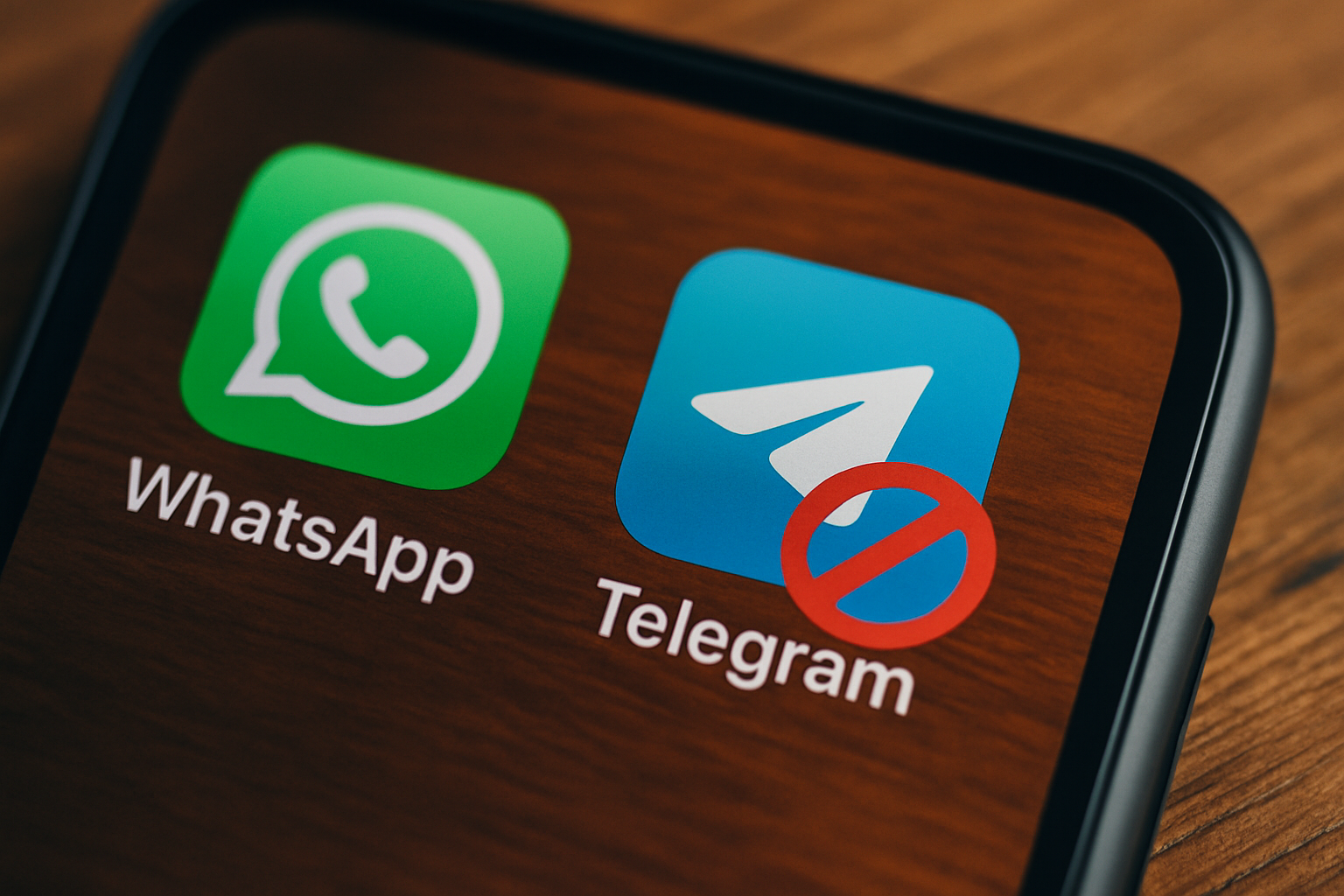Russia’s telecommunications regulator Roskomnadzor said it is restricting voice calls on the messaging apps WhatsApp and Telegram, describing the move as part of a wider effort to counter crime. The agency cited information from law enforcement and reports from citizens asserting that the two services have become the main channels for deceit, extortion and the involvement of Russian citizens in sabotage and terrorist activity, according to Interfax.
WhatsApp and Telegram responded separately. A WhatsApp spokesperson declared that the platform is private, end-to-end encrypted, and defies government attempts to violate people’s right to secure communication, arguing that Russia is attempting to block the service for more than 100 million Russians. WhatsApp said it intends to keep encryption intact and continue to add layers of protection against scams.
Telegram’s press team said the service actively combats harmful use, including calls for sabotage or violence and fraud, and noted that moderators with custom AI and machine-learning tools monitor public parts of the platform and remove millions of pieces of harmful content daily. The statement highlighted Telegram’s emphasis on privacy settings that let users decide who can call them, or switch off calls entirely. The Moscow Times has reported on related concerns as Russia pursues its own national messaging app, Max, raising ongoing surveillance questions in the process.
A top Russian lawmaker has urged WhatsApp to exit the Russian market to clear the path for Max, a move that would place more pressure on Meta’s messaging services, which are banned in Russia along with Facebook and Instagram since 2022 after the invasion of Ukraine. Reuters notes the call for departure as part of the broader push for domestic alternatives.
Separately, WhatsApp last week announced it had taken down 6.8 million accounts in the first half of 2025 as part of its crackdown on scams. AP News reported the estimate, underscoring the security challenges facing popular messaging platforms in Russia and elsewhere.
Telegram has long been scrutinized for its role as a hub for criminals and extremists, a point underscored by coverage in The New York Times, which examined how the service has been used to coordinate illicit activity. The evolving regulatory environment around messaging apps comes as Russia advances its bid to roll out Max, a domestic alternative that has sparked ongoing privacy and surveillance debates.

